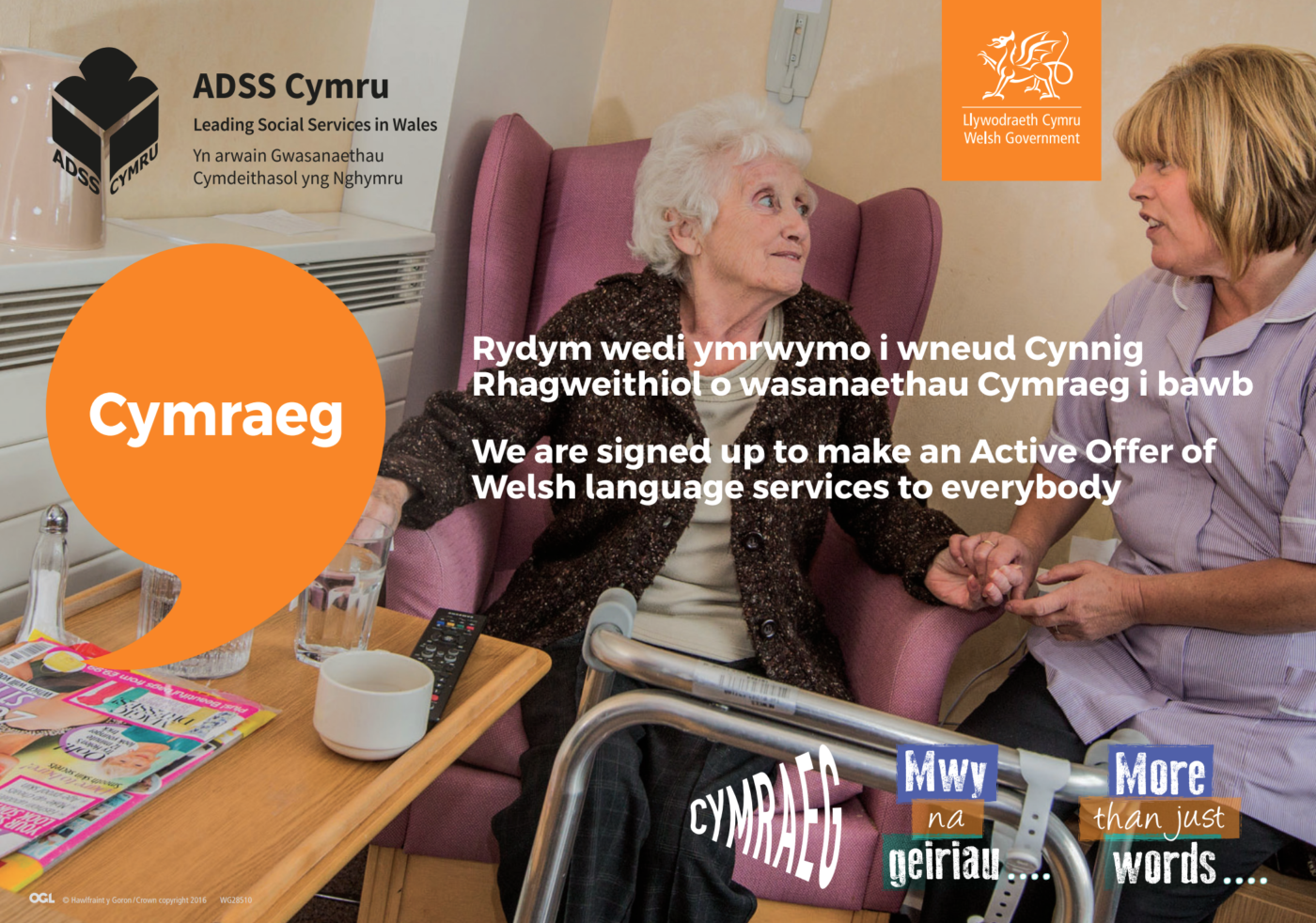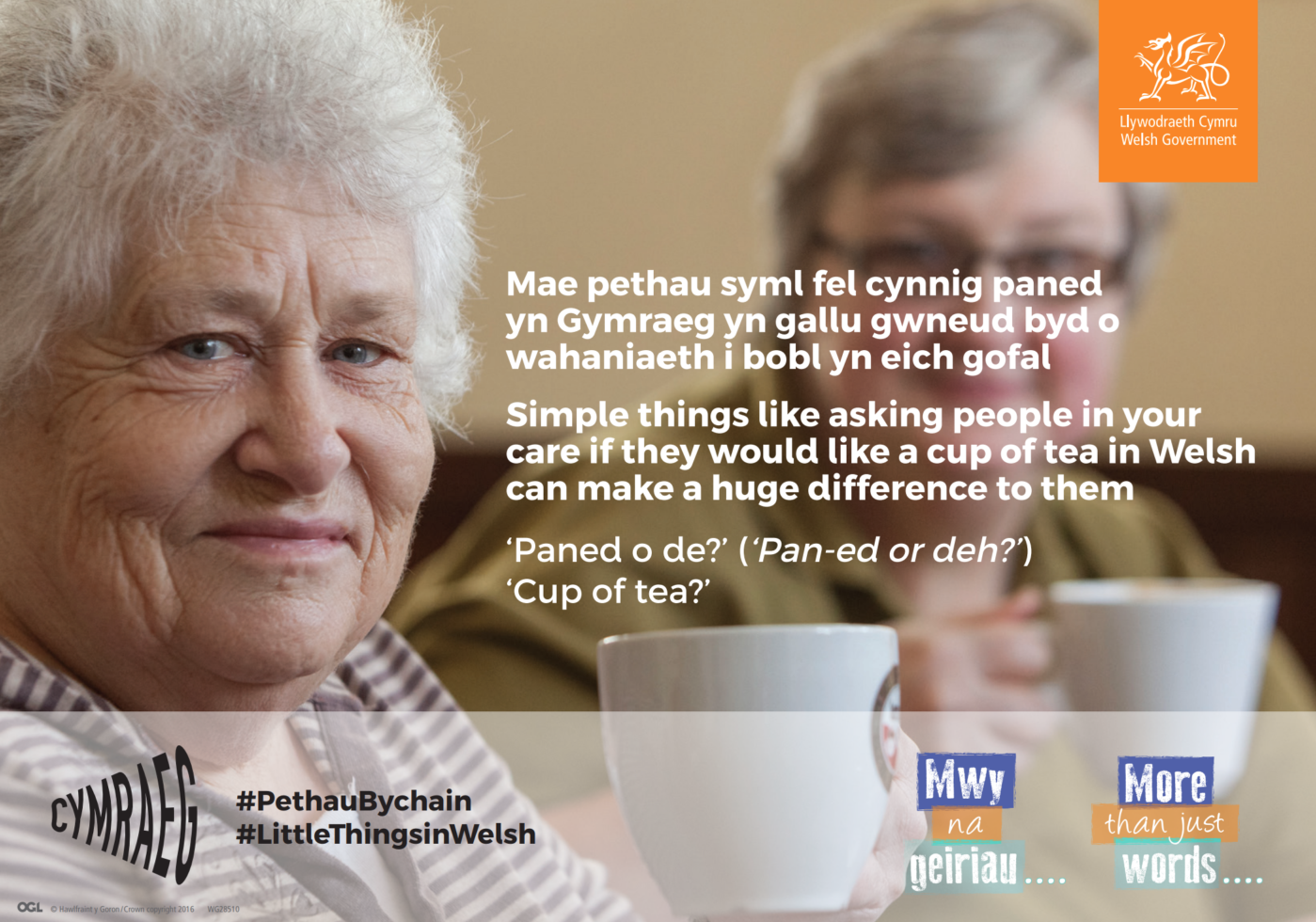0:01
When Dad got his Multiple Systems Atrophy diagnosis back in 2011
0:06
our world was turned upside down.
0:09
We knew we’d lose him and there was nothing anyone could do.
0:15
The brains cells that regulated his neural system were dying. It’s a rare condition and a horribly cruel one.
0:25
After some research, we knew to some extent what to expect.
0:31
Walking became difficult so he needed a stick and then a frame.
0:36
In the end he couldn’t move at all without a mechanical hoist.
0:41
He was trapped in his own body unable to do anything for himself.
0:46
Quite early on communication became a problem because he couldn’t talk.
0:53
It took all his energy to speak. Although we were prepared seeing him struggle to speak was hard.
1:02
We never expected language problems. You tend to think in the same language as your mother tongue.
1:13
Speaking a second language involved thinking in one language and translating that into the second language.
1:23
The process is tough for the healthy never mind someone who is ill.
1:28
When English-speaking health professionals came to see Dad, I could see that he had to use twice as much energy.
1:38
He’d often end up in tears of frustration. That added level of distress for him also had a huge effect on us as a family.
1:50
In a period that was already terribly difficult.
1:55
We know it’s not possible for every health professional to speak Welsh.
2:02
However, the reaction of some of those professionals to Dad’s distress was unacceptable.
2:09
They seemed to ignore or dismiss the importance of this difficulty.
2:15
That made us very sad indeed. We just wanted his final days to be as untroubled as possible.
2:27
It was heart-breaking to see him failing to communicate and
2:32
then not even having the opportunity to communicate in his mother tongue.
2:39
When his communication stopped we had to find a machine that spoke for him.
2:47
We thought we could insert questions and answers Dad would have used.
2:55
He’d be able to press a button and the machine would speak for him.
3:03
It was another heart-breaking process. At least it allowed us to communicate.
3:10
Very quickly in this process we discovered nothing existed that worked in the medium of Welsh.
3:20
That was a huge blow. We’d never spoken anything but Welsh at home.
3:30
Switching languages would have been weird,
3:34
and his grandchildren could only speak English. That was very sad though.
3:43
This horrible illness was stealing everything from him.
3:47
And taking him from us. And stealing our language.
3:53
What really hurt was that the officials charged with providing the communication device didn’t care or understand the problem.
4:01
Or the effect it was having on Dad and the rest of us.
4:09
Mum had worked so hard up to this point to care for Dad.
4:15
She was determined to find a device that worked in the Welsh language
.4:24
It turned into a months long battle in a time that was already so hard.
4:35
We finally managed to source some software in Welsh.
4:39
We were both happy to get it and frustrated that we’d had to fight so hard to get something that should’ve been
4:46
readily available in our mother tongue, especially for people on their death bed.
4:56
I don’t expect every health worker to rush out and learn Welsh.
5:02
But I do expect them to be at least sympathetic to the linguistic needs of the patient and his family and friends.
5:15
I can’t explain the difference it made when Dad heard the Welsh.
5:23
We were so lucky that the GP who came out to see Dad
5:30
and explain all the processes of his condition had learnt the language.
5:37
Although he wasn’t fluent, he could sustain a chat and Dad soon relaxed.
5:43
Then he’d explain the technical processes in English. I can’t tell you how invaluable that was to Dad and to us.
5:54
Please, if you ever come across this scenario, be sensitive.
6:00
Even if you only know the odd word it makes a difference to the patient.
6:09
Dad died in 2019 after years of battling. We treasure the fact that he died as the Welshman he had always been.

